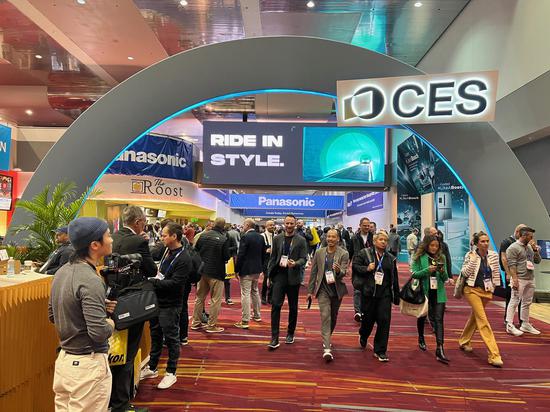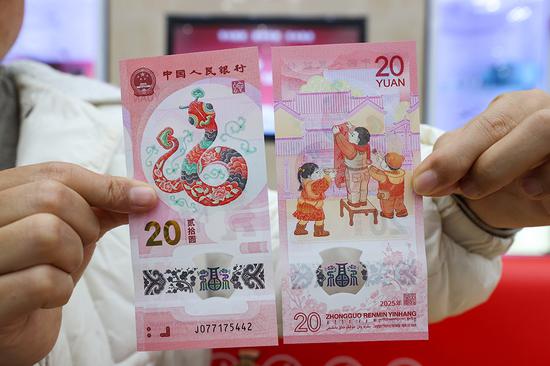U.S.-based chip manufacturer Nvidia said in a statement posted on its website on Monday that the Biden administration now seeks to restrict access to mainstream computing applications with its unprecedented and misguided "AI Diffusion" rule, which threatens to derail innovation and economic growth worldwide.
While cloaked in the guise of an "anti-China" measure, these rules would do nothing to enhance U.S. security. The new rules would control technology worldwide, including technology that is already widely available in mainstream gaming PCs and consumer hardware. Rather than mitigate any threat, the new Biden rules would only weaken America's global competitiveness, undermining the innovation that has kept the U.S. ahead, the company noted.
On January 5, Ken Glueck, executive vice president of Oracle, wrote a blog post saying that the Biden administration's "Export Control Framework for Artificial Intelligence Diffusion" will go down as one of the most destructive to ever hit the U.S. technology industry, noting that the rule "does more to achieve extreme regulatory overreach than protect U.S. interests and those of our partners and allies."
"Worse, without fully contemplating the rule's effects, we are likely handing most of the global AI and GPU market to our Chinese competitors," Glueck noted.
According to Reuters, new limits will be placed on advanced graphics processing units (GPUs), which are used to power data centers needed to train AI models. About 18 countries, including Japan, Britain, South Korea and the Netherlands, will essentially be exempt from the rules. Some 120 other countries, including Singapore, Israel, Saudi Arabia and the United Arab Emirates will face country caps. And countries like Russia, China and Iran will be barred from receiving the technology altogether.
"The Biden administration's restrictive policies further reveal its strategy of rallying allies to form a 'small circle' aimed at containing China," Ma Jihua, a veteran telecom industry observer, told the Global Times on Monday, noting that the U.S. move not only harms the interests of the global semiconductor industry but also has a negative impact on domestic companies in the U.S..
Although exemptions are provided for some allies, these manufacturers face a global market. If exports to other countries are restricted, it will inevitably lead to a contraction of the market and a decline in sales for American semiconductor companies, Ma said.
The semiconductor industry has a highly globalized market, involving global procurement of raw materials, equipment manufacturing, and sales worldwide. Once the global market is artificially divided, it will lead to a significant contraction in demand for upstream companies in the U.S. that hold an advantage in the chip sector. This is tantamount to handing over the market to others, the expert further noted.
U.S. policymakers believed that with their patent and technological superiority, simply by not exporting the high-end chips to other countries, those countries would be unable to catch up. However, this notion does not hold up in reality, Ma said.
The U.S. has already initiated restrictions on exporting high-end chips to China, but this has not halted China's technological advancement. Currently, domestic operators and some computing centers almost entirely use domestic chips, having already rid themselves of dependence on American chips, the expert noted.
Moreover, there are already domestic alternatives for GPUs. Therefore, the U.S.' attempt to limit the development of China's AI by setting caps is unlikely to be truly effective, Ma noted.


















































 京公网安备 11010202009201号
京公网安备 11010202009201号